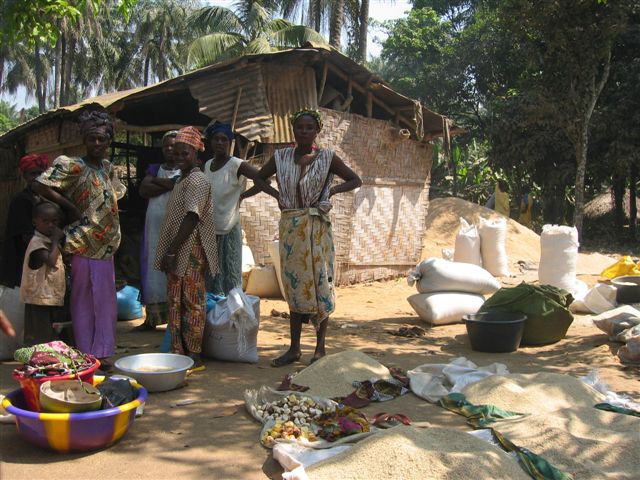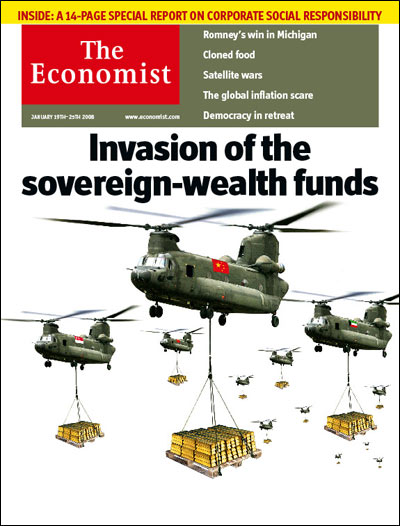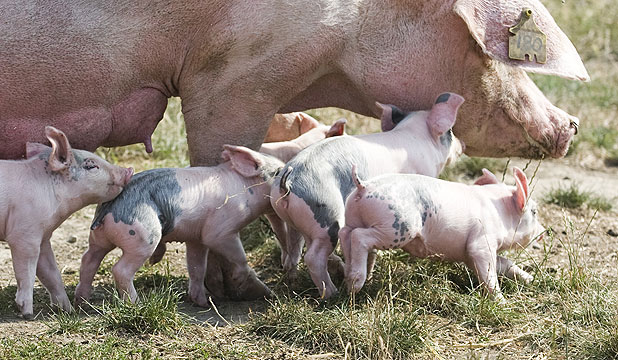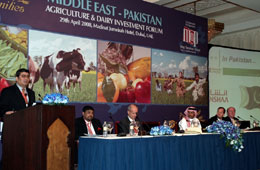Milking greener pastures
- Sunday Star Times
- 07 December 2008
Faced with high land values and falling milk prices at home, a growing number of New Zealand dairy farmers are investing in South America, the United States, eastern Europe and Russia.

Faced with high land values and falling milk prices at home, a growing number of New Zealand dairy farmers are investing in South America, the United States, eastern Europe and Russia.

Nomadic herders, rarely a priority for governments, are being dispossessed by bioethanol developments in Kenya, says Michael Taylor of the International Land Coalition (ILC), and they also depend on the “unused” land that Madagascar offered Daewoo.

Investors are pouring billions into Russian agribusiness—and trying to reverse decades of Soviet mismanagement.

The deputy leader of the Democratic Left Party (DSP) Turkey has stated that Turkey possesses some great advantages in agriculture, despite the major problems that remain in place in the sector, but emphasized that it is a mistake to sell agricultural land to foreigners.

"Jilin and other corporate entities in China are taking major steps to increase the amount of China-controlled soy plantation both in China and around the world," reports the US Consulate in Shenyang

Lured by soaring food prices, corporations - both domestic and foreign - have been snapping up land in this fertile region the size of France, replacing inefficient Soviet-style collective farming with modern farming techniques and economies of scale.

“Foreigners who come here get astonished at the gleaming black earth,” said Viktor Karnushin, head of a local subsidiary of Sweden’s Black Earth Farming corporation, one of the biggest foreign players in Russian farming.

As with timberland, while direct ownership and management (i.e., being a farmer), is a possibility, such a route is similarly fraught with difficulties. One of the most significant of these is the issue of diversification in the farmland itself - especially with a single investment. A well-diversified holding of farmland (row crop, permanent crop, pasture and even timber) will, therefore, not only require a significant investment, but may also involve land holdings in a number of different locations.

A decade after capitalism transformed Russian industry, an agricultural revolution is stirring the countryside. The change is being driven by soaring global food prices (the price of wheat alone rose 77 percent last year) and a new reform allowing foreigners to own agricultural land. Together, they have created a land rush in rural Russia.

“I am satisfied with what we have achieved during the first half of 2008. We have been able to combine a fast increase in land under control with successful operations. The harvested area is estimated to be approximately 53,900 hectares with an estimated harvest of approximately 150,600 tonnes, which is higher than expected.”

Investors are plowing money into Russia’s open lands to resuscitate the long-neglected farm sector and supply a world in ever greater need of food.

Companies listed on European exchanges have been acquiring large amounts of farmland in Russia

|
KKR acquires ProTen from Aware Super
|

|
CAR offers land ownership using cryptocurrency
|